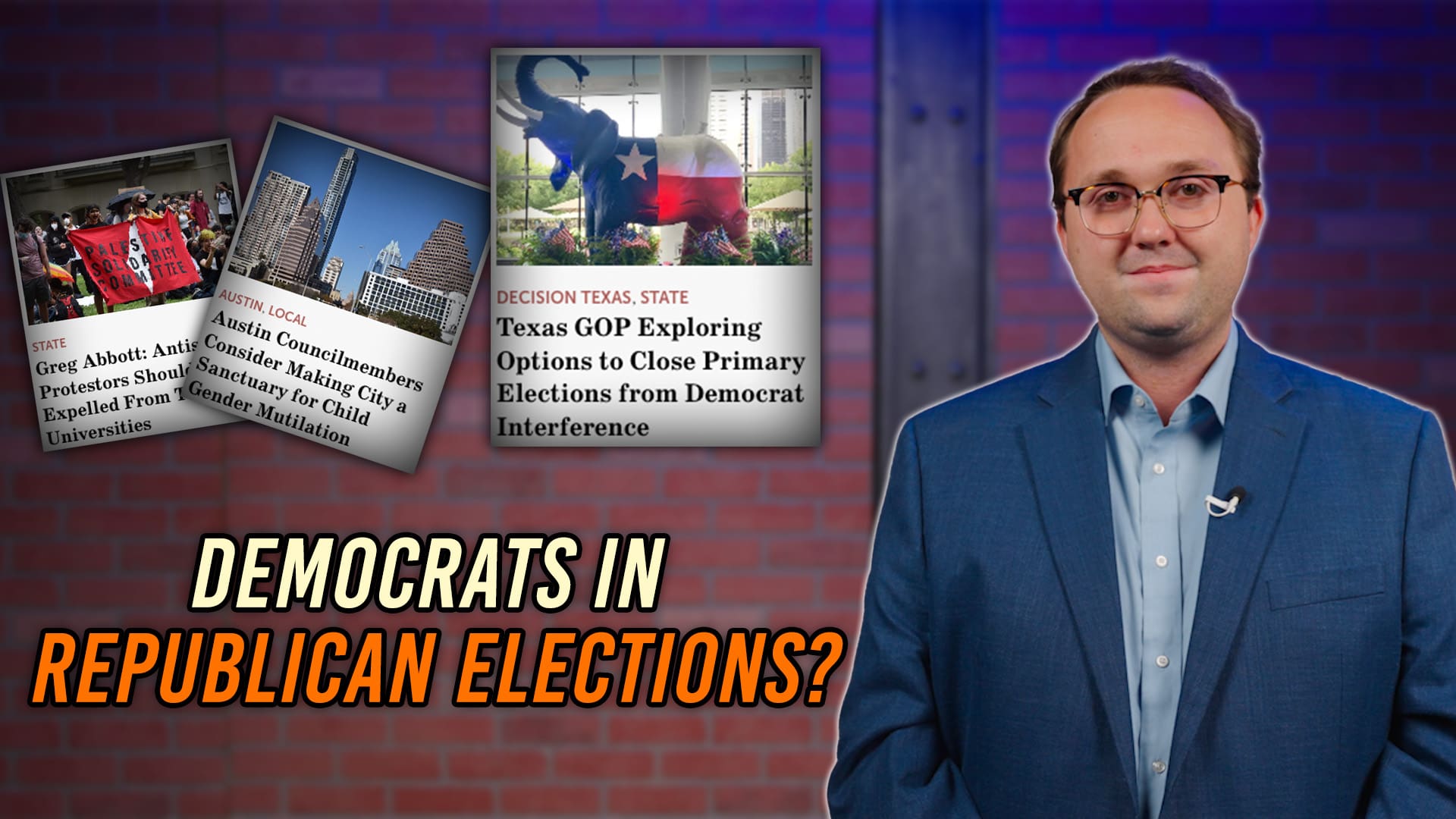After a four month absence due to disagreements with city regulations, Uber is back in Midland. Its return to the Tall City is a result of City Council voting to lessen regulatory burdens on the transportation-network company (TNC) that initially had driven them out.
The ordinance originally passed by the council in February imposed regulations on the company that “make it difficult for [Uber] to provide the level of service that you have come to know and expect,” says Uber’s General Manager Leandre Johns. Similar scenarios have been seen in numerous cities across the state like Galveston, Houston, and most recently, Austin.
The Uber and Lyft models have shown to be exceptionally successful. This is evident not only by Uber’s current 62.5 billion dollar worth, but also in the citizen backlash – primarily via petitions – seen after Uber leaves a city due to the imposed and unnecessarily burdensome regulations. In Midland, a petition on change.org was created after the city/Uber disagreement and gained over 1,600 signatures as well as wide-spread support from the business community.
It is apparent city council heard the community’s cry loud and clear. Some of the changes made last week to the ordinance include the removal of the licensing requirement for transportation-network (TNC) drivers, limits background checks for drivers to the TNC, reduces fees, removes additional vehicle requirements given their state registration is current, and enables an annual compliance audit by the City of Midland.
Studies have shown that the addition of affordable ride-sharing and transportation-network companies to cities has significantly decreased the rate of drunk driving accidents and provides much needed job opportunities – especially in places facing an economic downturn like Midland. Also, their addition to the market forces traditional cabs to improve their quality of service to remain competitive. However, TNC’s and ride-sharing companies (such as Lyft) is a new and innovative concept that’s requiring local governments to reassess the regulations they place on the industry. Consistently, taxi and chauffeur companies have lobbied for increased regulations on their new competitors in order to “level the playing field”, when, conversely, it may be more productive to lessen regulations for the entire industry.
State Senators Don Huffines (R-Dallas) and Charles Schwertner (R-Georgetown) have expressed the need for statewide legislation regarding TNCs that would stop cities from levying these burdensome regulations. In the meantime, hopefully other cities across Texas will follow in the footsteps of Beaumont, and now Midland, and work with TNCs to craft regulations that are beneficial to both riders and drivers.




